Somalia is located in the Horn of Africa. It is bordered by Ethiopia, Djibouti, the Gulf of Aden, Kenya and the Indian Ocean. The capital of Somalia is Mogadishu. When the Somali state collapsed in 1990, all government institutions ceased to function. International non-governmental organizations (NGOs) and aid agencies provided services to the local farming communities, albeit short-term and non-sustainable.
The country was ravaged by a 25-year civil war. During this period food shortages were rampant, international trade was at its lowest, and investor confidence was eroded due to civil strife, lack of enforcement of and/or weak agricultural and food regulatory frameworks. Therefore, it was not surprising to hear farmers complaining about poor quality seed, low-grade fertilizers, ineffective pesticides and counterfeits being sold in the market. There is also the threat of new pests and diseases being introduced and spread throughout the country. Laws and/or legislations regulating exports and imports are there, albeit basic and dating back to 1971 pre-crisis era. They need to be amended to align to the changing dynamics of international trade and to potential threats of new pests and diseases resultant to climate change.
What Has Been Done?
Somali Agriculture Technical Group (SATG) in partnership with PEG has conducted consultation meetings with various stakeholders in the agriculture and dairy sectors to address phytosanitary (plant health) measures, seed and dairy regulations, and also recommend systems and institutions to be put in place to administer the frameworks. This mission was carried out in Mogadishu between 7th, October and 2nd, November 2014. The methodology used consisted of desk research with intensive use of historic documentation, including consultation meetings with the relevant stakeholders: Ministry of Agriculture, agro-dealers (seed sellers, seed merchants, and pesticide and fertilizer sellers), farmers’ associations, institutions of higher learning offering training in agriculture and non-governmental organisations. These engagements offered unique opportunities to collect relevant information existing and/or of pre-crisis era.
What Has Been Achieved?
On the basis of the information collected in Somalia and elsewhere in the region, the following documents were drafted: 1) Plant Protection Bill; 2) Manual of Phytosanitary Inspection Procedures; and 3) Seeds and Plant Varieties Bill plus its subsidiary legislations on Seeds Regulations and National Performance Trials Regulations. The Draft Plant Protection Bill can be used to amend the existing Plant Quarantine Law (Law No. 6 of 2nd, January 1971) and Pesticide Law (Law No. 49 of 13th, July 1971) of Somalia. The institutional models suggested to administer the frameworks included 1) establishment of state corporation(s); 2) rehabilitation and use of pre-crisis era research centres; 3) an institution based on public-private partnership; and 4) an independent private institution.
The representatives of the local universities and NGOs were aware about the phytosanitary measures, seed regulations and their importance to the livelihoods of farming community, and would like the Ministry of Agriculture to strictly enforce them. The majority of the stakeholders believe the legislation of phytosanitary measures and the regulations of seed sector will ensure that the country is safe from the threats related to food and agricultural commodity imports as well as assuring farmers of quality, certified seeds constituting a primordial of increased crop productivity.
SATG is a registered non-profit association of Somali professionals and friends dedicated to assisting in the re-construction of Somalia. Its activities in Somalia include testing and transfer of new technologies in crop and livestock sectors to small-scale rural farming communities, commercial farmers and all stakeholders related to agricultural production and marketing. SATG seeks to improve the health and quality of life of children, youth, men and women across all communities in Somalia.
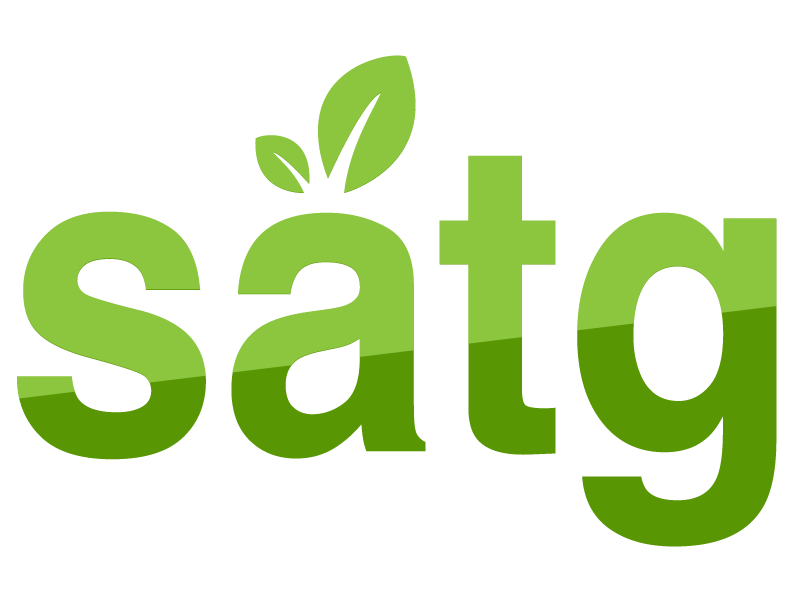
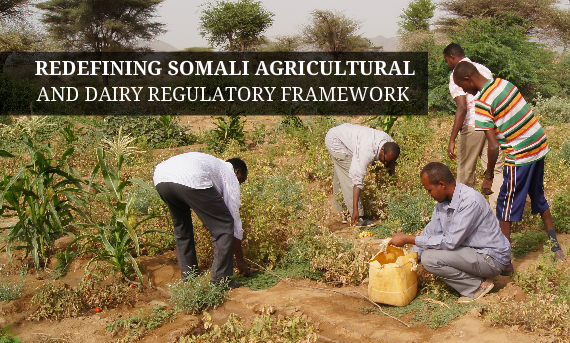

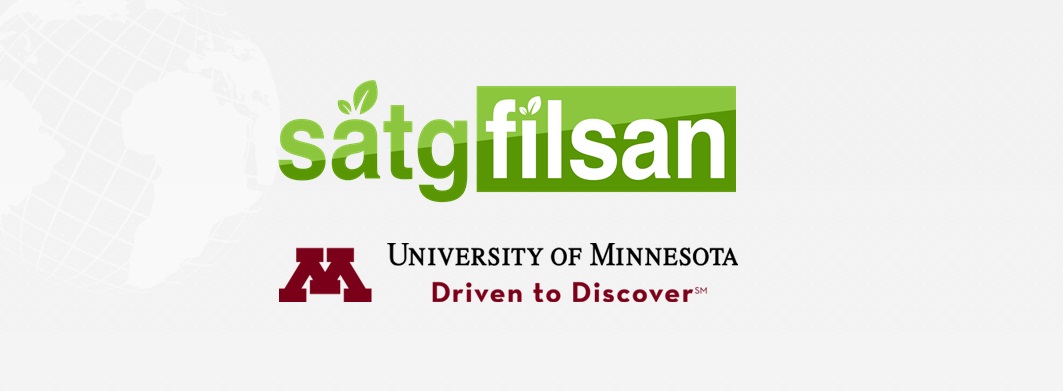
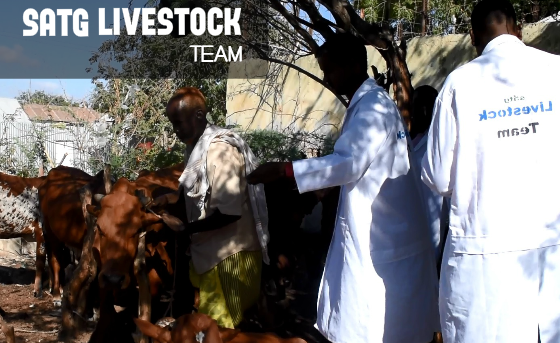
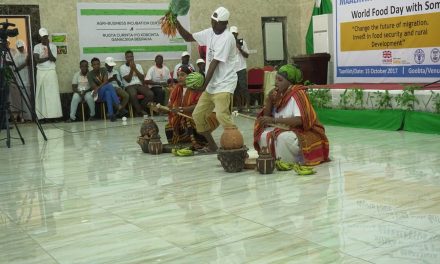
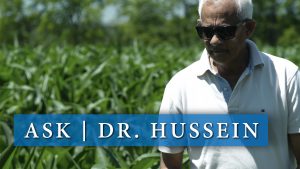
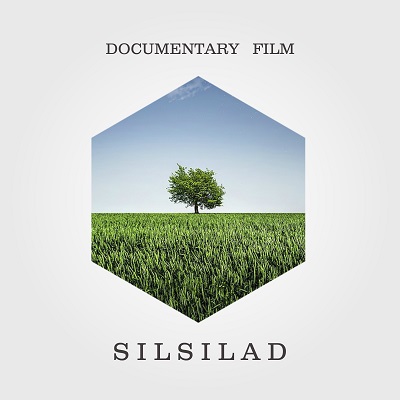
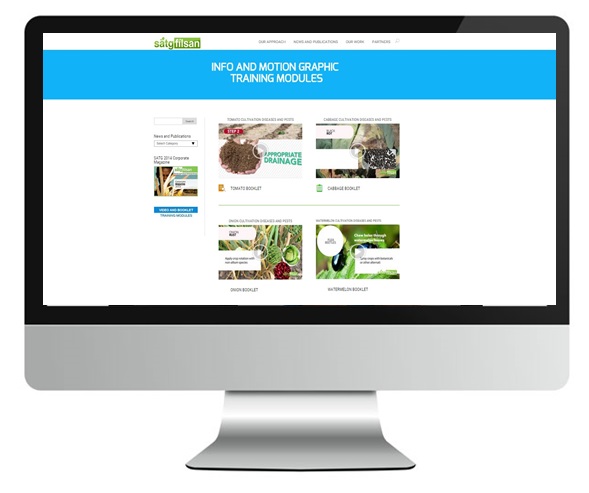
Recent Comments